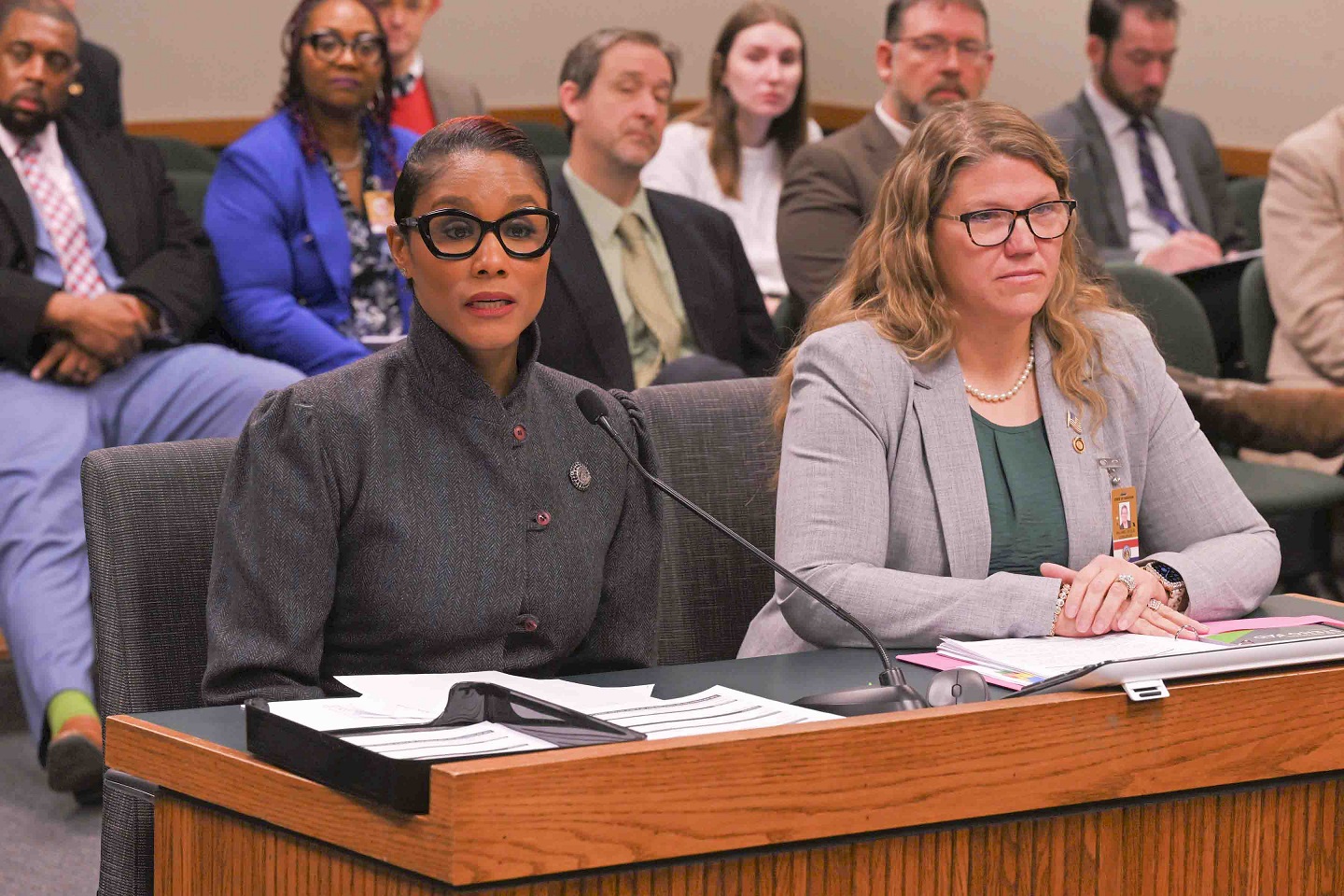A bipartisan effort to tell judges they cannot delay finalizing a divorce because one party in the marriage is pregnant has been advanced by a House Committee. One sponsor says her own experience with domestic violence helps illustrate why this change is necessary to save lives.

Missouri law does not prevent filing for divorce because one party is pregnant, but judges can, and in practice often do, wait to finalize a divorce until after that party gives birth.
“There’s no other situation that keeps people in a situation that they no longer want to be in except for not allowing a divorce to be finalized while you’re pregnant, in the State of Missouri,” said Representative Cecelie Williams (R-Dittmer), the sponsor of House Bill 243.
Often when a judge delays finalization of a divorce until birth, it is said to be to allow for considerations regarding custody and child support arrangements and other end-of-marriage considerations. Williams said that is not valid reasoning.
Identical bills filed by Williams and Representative Raychel Proudie (D-Ferguson) were approved by the House Committee on Children and Families.
“It is my belief that we should be able to avail ourselves of all legal processes and that the government should not be so heavy-handed in making people stay in dangerous and unsafe situations,” Proudie told the panel. “With all respect to individuals who believe that marriage should be long-lasting, sometimes it’s just not the best option for either party or any children that are involved.”
Both representatives said they have experienced and survived domestic violence, with Williams speaking publicly for the first time about her own experience and how it was relevant to this legislative.
Watch her testify for the first time publicly about her personal experience in a video below.
Both representatives say the change is needed for all parties in a marriage. Williams told the committee, “Their spouse could become pregnant by another man and they’re also in this relationship that they cannot get out of until that child is born, and it’s doing a disservice.”
Proudie said since she began dealing with this legislation, she has been approached with examples of how men can be affected.
Since the proposal was first filed in past years, some news reports and commentators mischaracterized Missouri law as not allowing pregnant women to get divorced. It also came to light that lawyers often advise pregnant women, incorrectly, that they cannot file for divorce.
Domestic violence advocates say the detrimental results have been that women in abusive marriages have been discouraged from filing for divorce.
The committee voted 14-0 to send the bill forward. Williams said it is no surprise that it is receiving bipartisan support.
House Bills 243 and 280 must be considered by one more committee before reaching the full House for consideration.